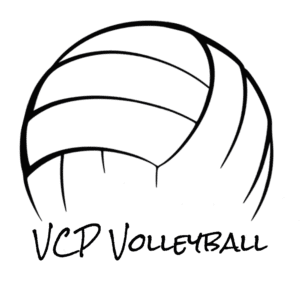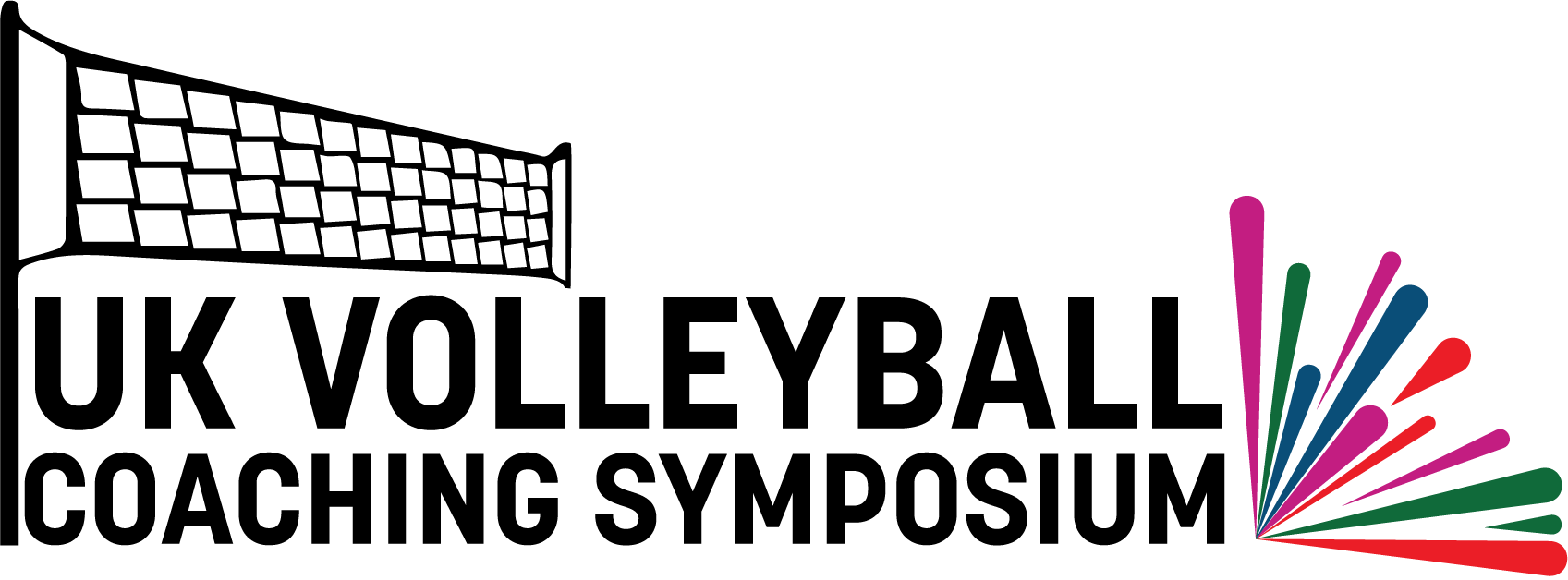The weekend of September 14-15, 2024 Volleyball England hosted the UK Volleyball Coaching Symposium at its National Volleyball Centre. In attendance were coaches from England, Ireland, Northern Ireland, and Scotland. The theme of the event was juniors performance coaching. Thanks to funding from the FIVB, we had Jim Stone as our lead presenter. Jim won a U19 World Championships gold medal coaching the USA women, so he suited well the event’s focus.
There were four off-court sessions:
- An examination of sport and exercise medicine in volleyball and the prevalence of different injuries in volleyball based on recent research run by the V.E. Chief Medical Officer.
- A discussion of developing and sustaining confidence in players led by Alex Porter, the head coach of the University of Essex, which is one of the UK university performance programs (with a bit of contribution from myself).
- A look at performance metrics and how they relate to winning from the England Men’s National Team analyst (he actually did his own “takeaways” post here).
- A State of the Game session run by Jim looking at how the game is being played now, and where it seems to be going.
All the sessions generated good conversations with insightful questions. The session on confidence, though, could easily have carried on for quite a bit longer than it did. The main thrust was that there is are two types of confidence. The first is self-confidence, which is general. As such, it is subject to the influence of day-to-day events in a player’s life.
The second is self-efficacy. This is domain specific. In other words, it will be different for receiving serve vs. hitting vs. serving. This is heavily influenced by the player’s sense of competence and their prior experience. What we see is a feedback loop where self-efficacy (confidence) allows the player to take risks to try to improve, that improvement leads to increased competency, which lifts self-efficacy, and so on.
Of course, we also had a bunch of on-court sessions.
The first of those was connected to the look at volleyball injuries. An S&C coach from TASS with experience working in the volleyball space (not an easy thing to find in the UK) ran a session that featured activities to warm-up athletes up, help them avoid injuries, and generally improve their physical capabilities. This was all court stuff. No discussion of weight lifting or anything like that.
The remaining sessions were all run…
Click Here to Read the Full Original Article at Coaching Volleyball…

